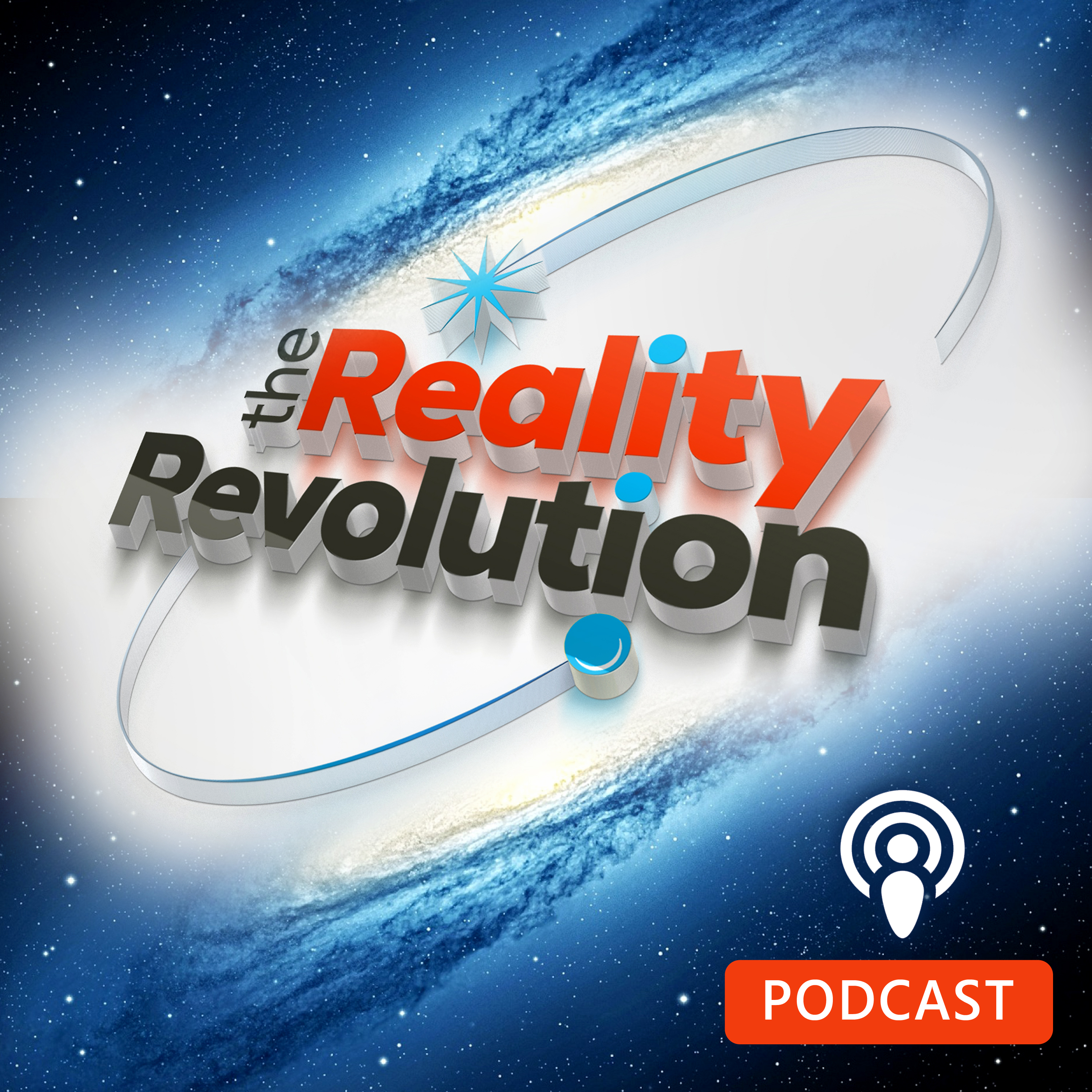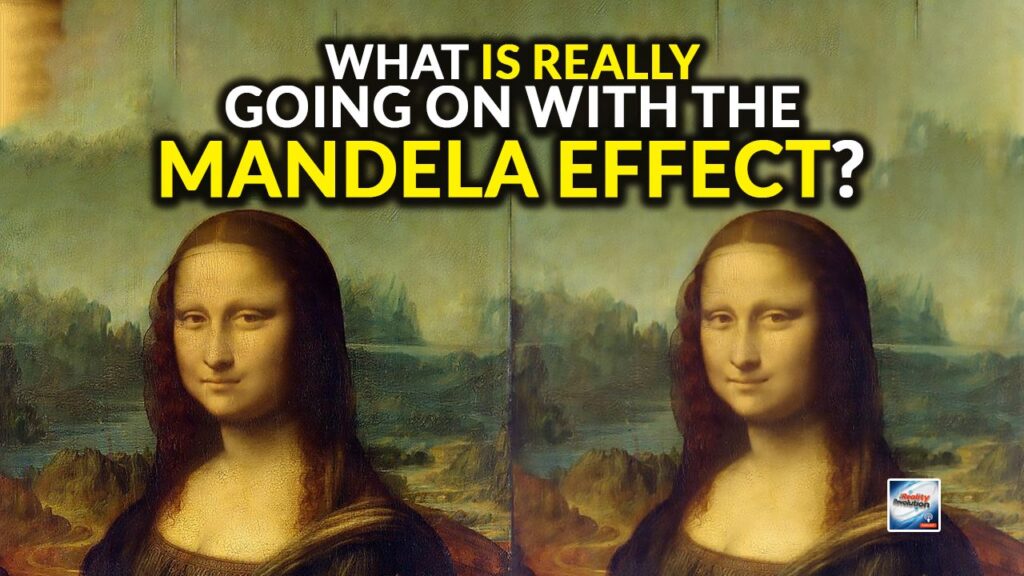Analysis, Research, Discussion, Podcasts
What Is Really Going On With The Mandela Effect?
The Mandela Effect refers to a phenomenon where a large group of people remember an event or detail differently from how it is officially recorded. This collective misremembering is not about trivial inaccuracies but involves significant disparities between public recollection and historical facts or evidence. The term itself was coined by Fiona Broome, a paranormal researcher, who discovered that she, along with many others, falsely remembered Nelson Mandela dying in the 1980s in prison, despite the fact that Mandela’s actual death occurred in 2013.
The discovery of this shared false memory led to the identification of similar instances, revealing a pattern that suggested something beyond ordinary forgetfulness or confusion. As more examples surfaced, the Mandela Effect became a subject of interest not only among psychologists and sociologists but also among the general public, sparking debates about the reliability of memory and the nature of reality.
The inclusion of parallel realities in the discourse on the Mandela Effect is not merely speculative. It draws on principles of quantum mechanics and the multiverse theory, which propose that our universe is but one of an infinite number of universes in which different events have occurred. This theoretical framework provides a compelling lens through which to view the Mandela Effect, offering potential explanations that stretch the boundaries of conventional understanding.
Is this all just false memory or is something greater happening, are we in a simulation, shifting realities. This episode asks what is really going on with the Mandela effect?

